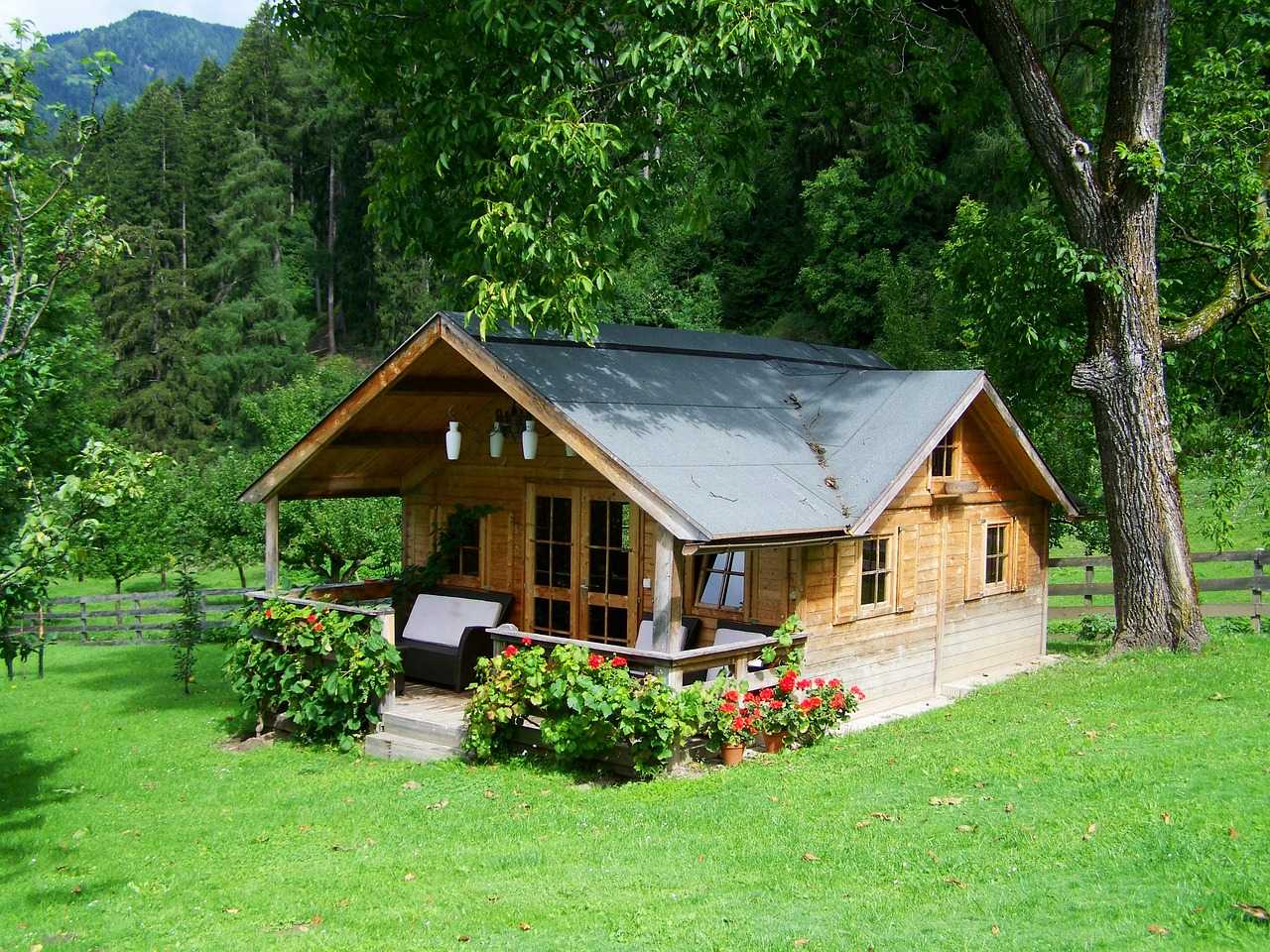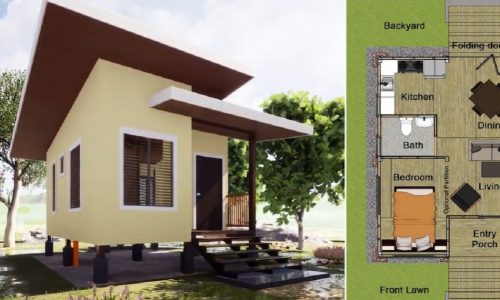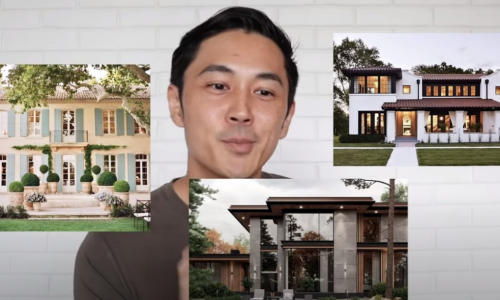The trend toward smaller living spaces has gained momentum worldwide, and the Philippines is no exception. With the rising costs of real estate and a growing environmental consciousness, more Filipinos are considering small house plans for their next home. However, like any significant decision, choosing a small house plan comes with its own set of advantages and disadvantages. In this article, we will explore the pros and cons of selecting a small house plan in the Philippines to help you make an informed decision.


Pros:
- Affordability: One of the most significant advantages of small house plans is their affordability. Smaller homes require less land, fewer materials, and less labor to build, which can substantially reduce overall costs. This makes small houses an excellent option for first-time homeowners or those on a tight budget.
- Lower Utility Bills: Small houses typically have lower utility bills due to their reduced space. Cooling and heating a smaller area requires less energy, which can lead to significant savings, especially in the Philippines’ tropical climate.
- Easier Maintenance: With less square footage, small homes are easier and cheaper to maintain and clean. This can free up time and money for other priorities, such as travel or hobbies.
- Environmental Impact: Smaller homes have a smaller carbon footprint, as they use fewer resources and energy. By choosing a small house plan, you’re not only making a financially savvy choice but also contributing to a more sustainable future.
Cons:
- Limited Space: The most apparent drawback of a small house is the limited space. This can be a significant issue for large families or those who enjoy hosting gatherings. It requires efficient use of space and, in some cases, significant downsizing.
- Resale Value: While small homes are becoming more popular, they might not appeal to everyone. This can affect their resale value, especially if the market trend shifts back towards larger homes.
- Expansion Challenges: If your family grows or your needs change, expanding a small house can be challenging and sometimes impossible due to the limited space. This can mean additional expenses if you need to move to a larger home.
- Perception and Social Status: In some communities, the size of one’s home is directly related to their social status. Choosing a small house plan might not conform to traditional expectations, which could lead to social pressure or perceived status issues.
Conclusion:
Choosing a small house plan in the Philippines comes with a unique set of benefits and challenges. It offers an affordable, sustainable, and easier-to-maintain living space but also presents limitations in terms of space, expansion, and potentially, resale value and social perception. Ultimately, the decision should be based on your personal needs, lifestyle, and priorities. If you value simplicity, sustainability, and affordability over space and status, a small house plan might be the perfect choice for you.




